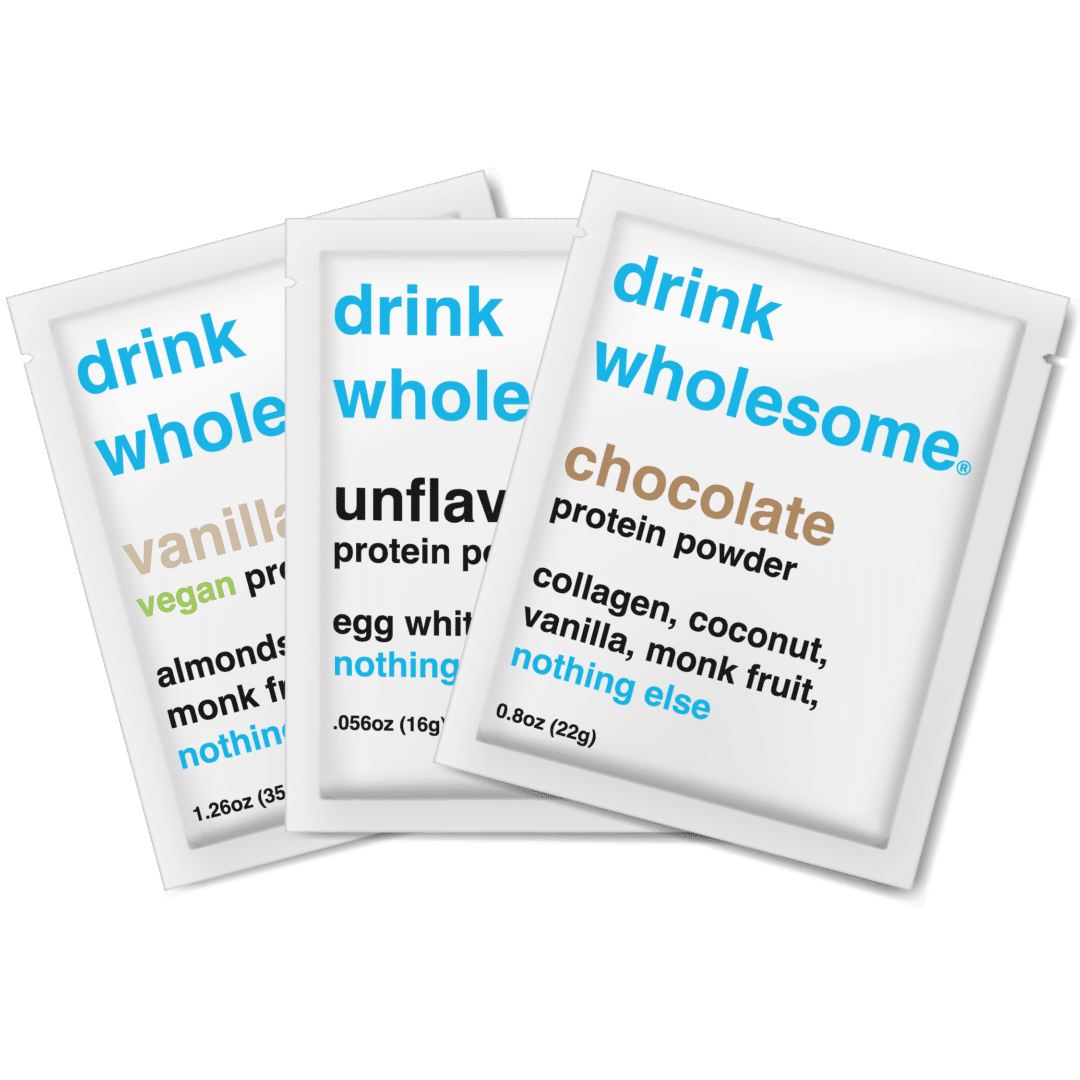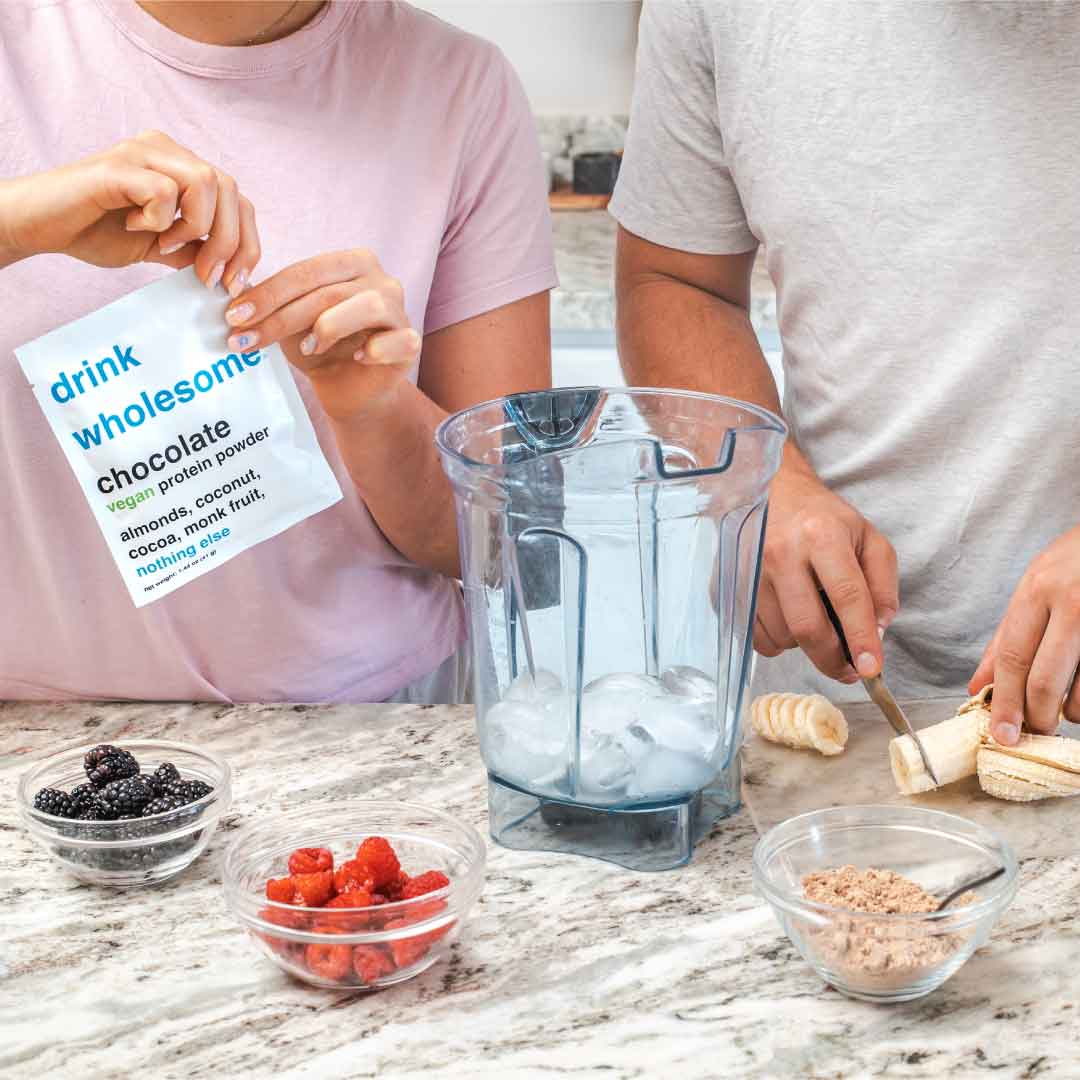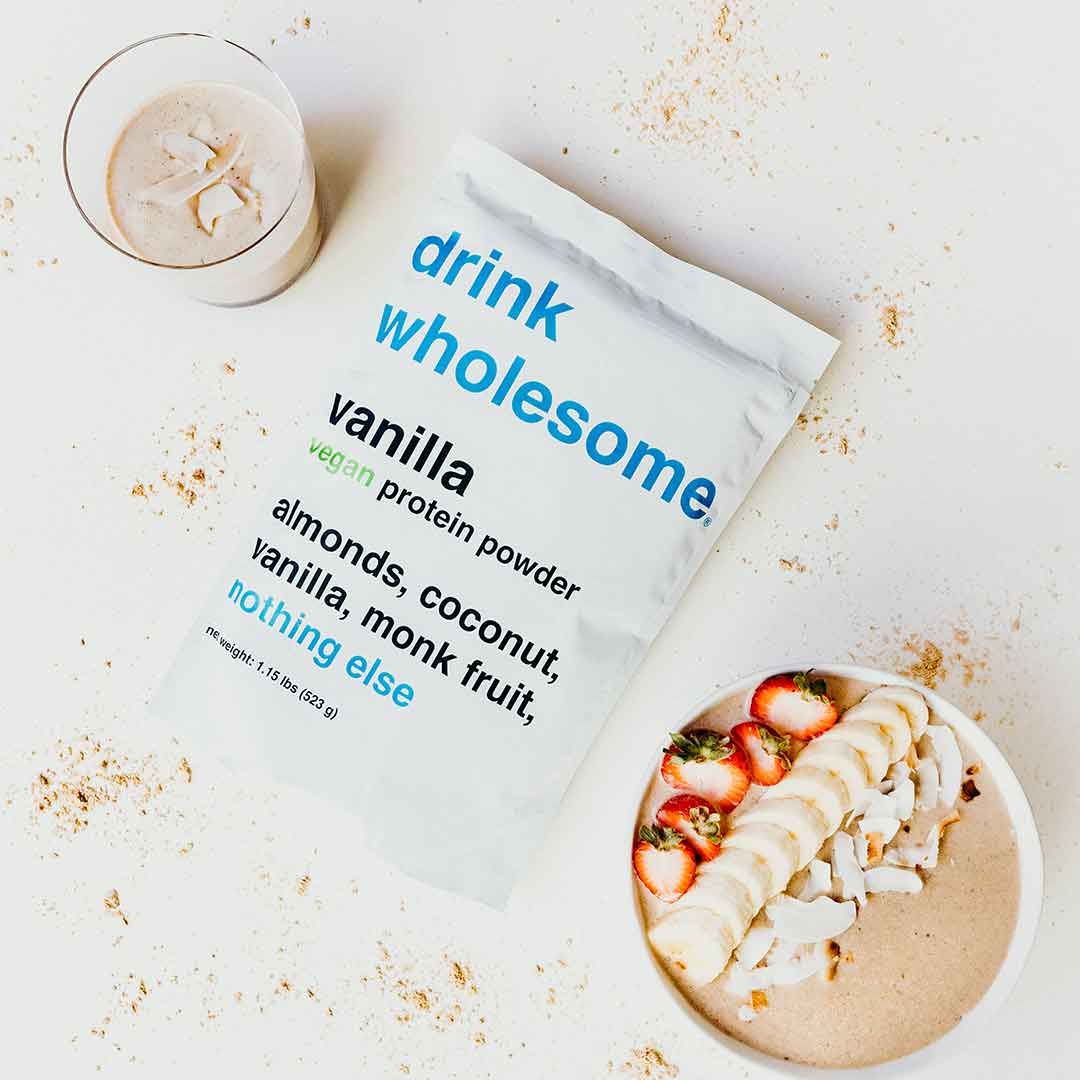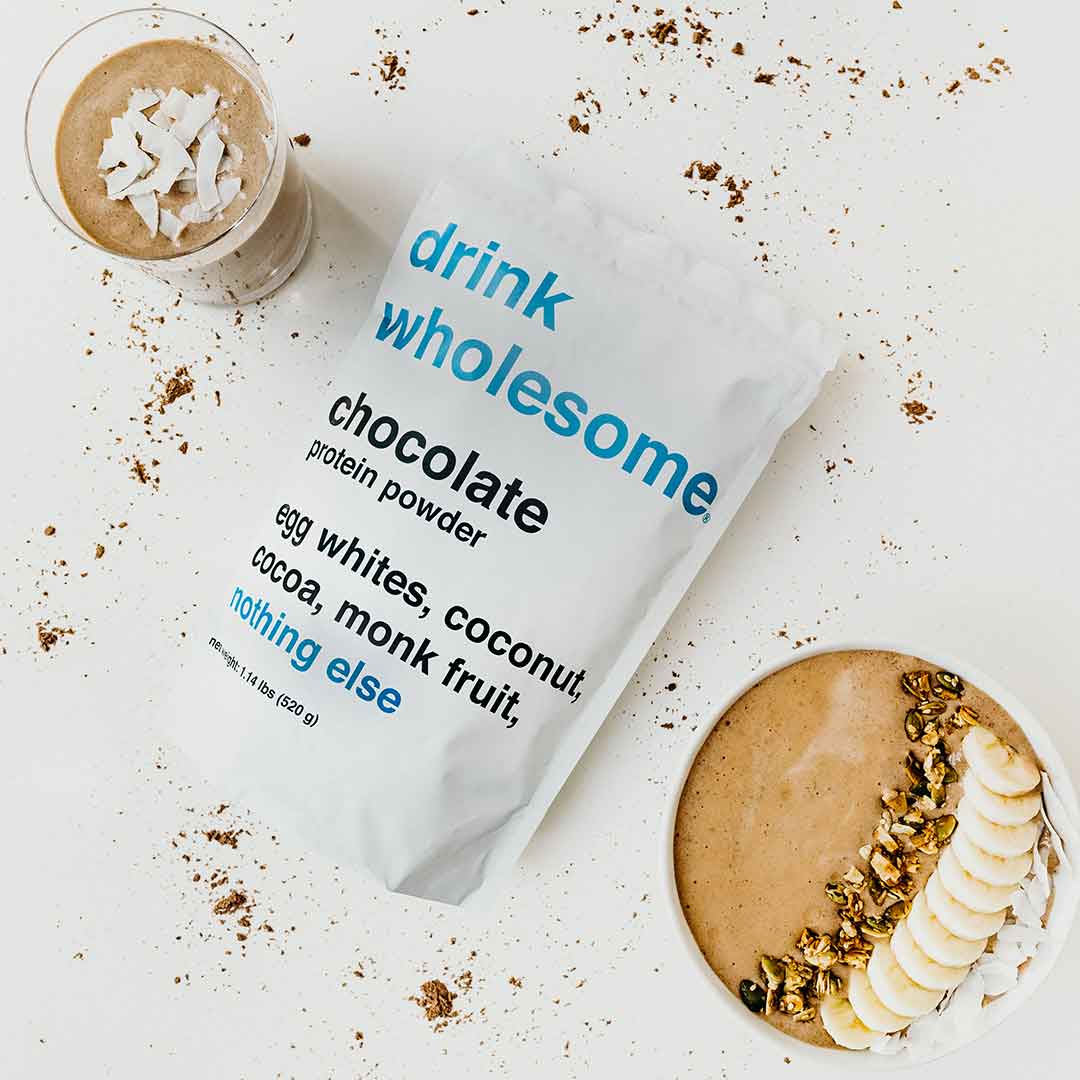How to pick a protein powder for digestion problems
Written by Jack Schrupp & endorsed by Baylee Reller, RDN
Why are protein powders so hard to digest?
Many protein powders are hard to digest, and if protein shakes upset your stomach, you are not alone. Every day, thousands of Americans experience gastrointestinal (GI) side effects after drinking protein shakes.
There are two main reasons why protein powder causes digestive issues. The first reason has to do with the type of protein. Dairy-based proteins like whey and casein, which are the most common types of protein used in protein powder, are notorious for causing side effects.
The second reason why protein powder causes digestive issues has nothing to do with protein. If you read the ingredient list on the average protein supplement, you will notice that it contains a number of added ingredients. These ingredients, known as food additives, can upset your stomach and cause long-term gut damage.












